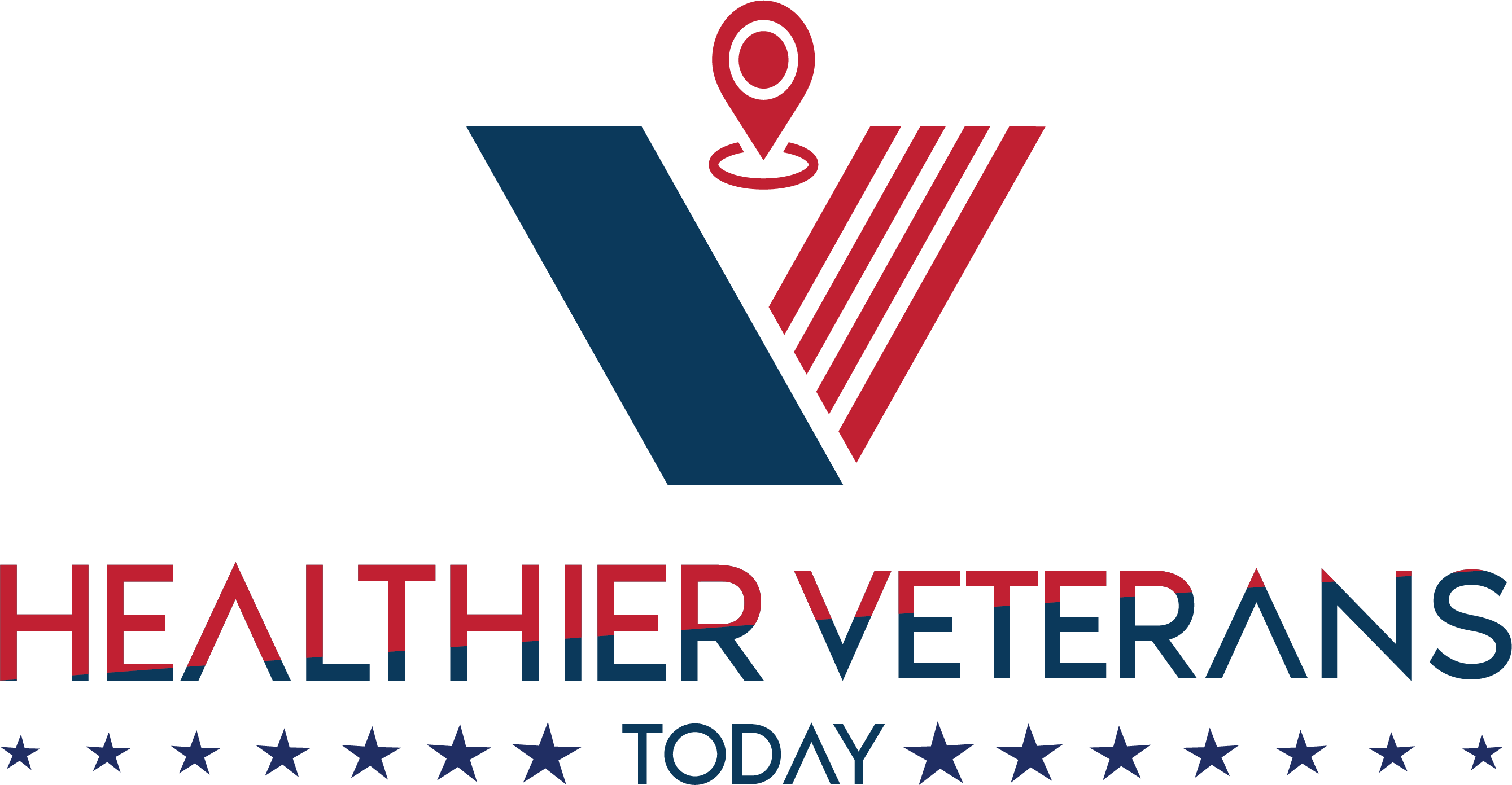Veterans experience a number of challenges during their service, which affect their physical and mental health. Annual and physical check ups play a crucial role in their lives after returning to civilisation. They help veterans stay healthy, prevent long-term issues, and manage their existing conditions. This article dives into how these checks are vital tools for health maintenance and even includes a physical check up checklist that can be followed.
Table of Contents
Why Annual Check Ups are Crucial for Veterans
Veterans face much more health risks compared to the general population. Often, they sustain physical injuries in combat, and mental health takes a toll. So what do these regular exams have to do with it all? It can detect conditions early, which means that treatment can be received sooner, which improves the quality of veteran laws.
Did you know that veterans are exposed to hazardous materials during service, which can lead to cancer and even respiratory issues? Monitoring and addressing the symptoms is crucial!
Key Components of a Physical Check up for Veterans
Now that you know why it is so important, you need to know what to expect at these physical check ups. This ensures that nothing is overlooked and that you feel confident about your health status.
Here’s a checklist of essential components:
- General Health Assessment: Things like blood pressure, heart rate, weight and body mass index (BMI) are assessed to get a better look at an individual’s overall physical health.
- Chronic Conditions Screening: Common chronic conditions like hypertension, high cholesterol and diabetes are tested because of the highest-stress environments that veterans are exposed to.
- Mental Health Evaluation: During this check, early signs of PTSD, anxiety and depression are looked for because of their prevalence in veterans.
- Vision and Hearing Tests: Exposure to loud environments can impair an individual’s hearing and vision over time, making veterans ideal candidates. Normal routine checks are done to make sure that everything is in working order.
- Bloodwork and Lab Tests: Tests are done to monitor the overall health of veterans and detect underlying problems like deficiencies, infections and chronic conditions.
- Cancer Screenings: Veterans are often tested for cancer like prostate, lung and colon cancer. Additionally they get screened based on their age, family history and risk factors.
- Vaccination Updates: Vaccinations are crucial for preventing illness. These vaccines can include annual flu shots and other vaccines that are recommended by healthcare providers.
Unique Health Concerns Veterans Should Address During a Check up
Because veterans are exposed to environments and experiences that affect their health, their concerns need to be addressed. They include respiratory issues, exposure to chemicals or burn pits, along with joint and muscle health.
Benefits of Regular Annual Check ups
Annual check ups are incredibly important for the health of veterans.
Here is a breakdown of the benefits:
- Early Detection of Health Issues: Imagine being able to catch issues early and prevent them from becoming severe or even life-threatening.
- Preventative Care: Wish that there was a way that you could take something that would stop certain issues dead in their tracks? Vaccinations, lifestyle recommendations and screenings are the answer.
Physical Check Up Checklist for Veterans
1. General Health Assessment
- Measure blood pressure
- Check heart rate
- Record weight and BMI
2. Chronic Condition Screening
- Monitor blood glucose levels (for diabetes)
- Check cholesterol levels (lipid panel)
3. Mental Health Evaluation
- Complete a mental health questionnaire
- Discuss any feelings of anxiety, depression, or PTSD symptoms
4. Vision and Hearing Tests
- Schedule a vision examination
- Undergo a hearing assessment
5. Blood Work and Lab Tests
- Complete blood count (CBC)
- Check vitamin levels (e.g., vitamin D, B12)
- Liver and kidney function tests
6. Cancer Screenings
- Prostate exam (for men over 50)
- Colonoscopy (based on age and family history)
- Skin check for any unusual moles or growths
7. Vaccination Updates
- Get a flu shot
- Check for other recommended vaccinations (e.g., tetanus, shingles)
8. Specialized Screenings
- Respiratory function tests (if exposed to hazardous materials)
- Joint and muscle evaluations (if experiencing pain or stiffness)
9. Discuss Lifestyle Factors
- Review diet and exercise habits
- Talk about smoking or alcohol use
10. Create a Follow-Up Plan
- Schedule any necessary follow-up appointments
- Set reminders for upcoming screenings or vaccinations
Personalisation Reminder
This checklist is the foundation veteran’s annual physical check up. However, working closely with a healthcare provider can help create a more personalized checklist that fits the unique health history, service-related concerns and specific risks all at once.
Conclusion
Staying active and eating well is just another way of maintaining health, which should be paired with regular physical check ups. These exams address health risks, monitor chronic conditions, and ensure that mental health issues aren’t overlooked.
Want to thrive long after service? Go to your annual check up!





